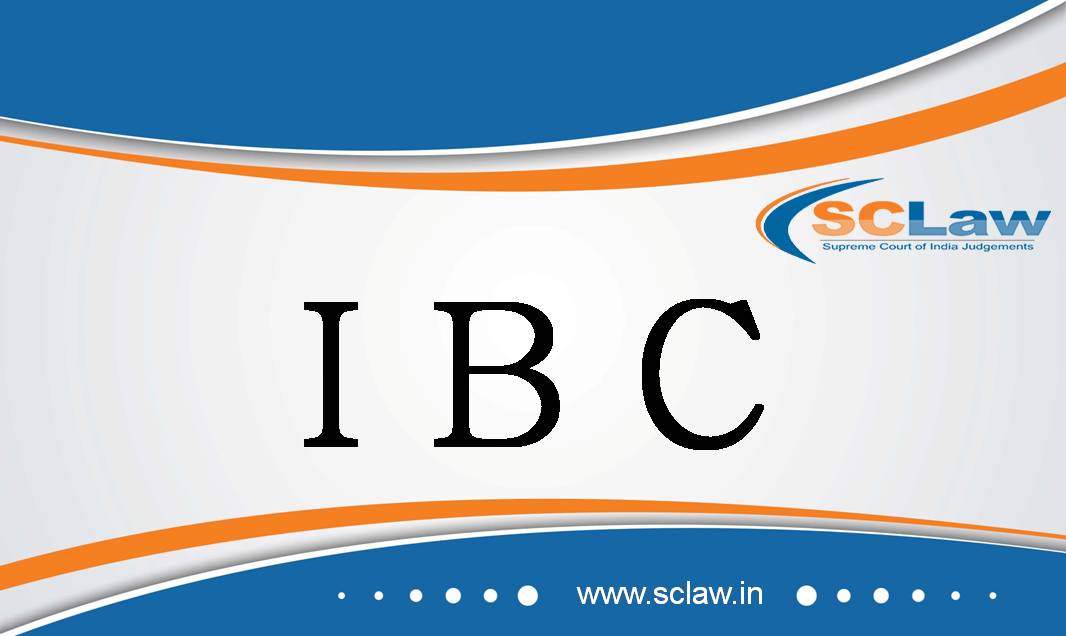IBC – Even the nonpayment of a part of debt when it becomes due and payable will amount to default on the part of a Corporate Debtor – In such a case, an order of admission under Section 7 of the IB Code must follow –
SUPREME COURT OF INDIA DIVISION BENCH M. SURESH KUMAR REDDY — Appellant Vs. CANARA BANK AND OTHERS — Respondent ( Before : Abhay S. Oka and Rajesh Bindal, JJ. )…



